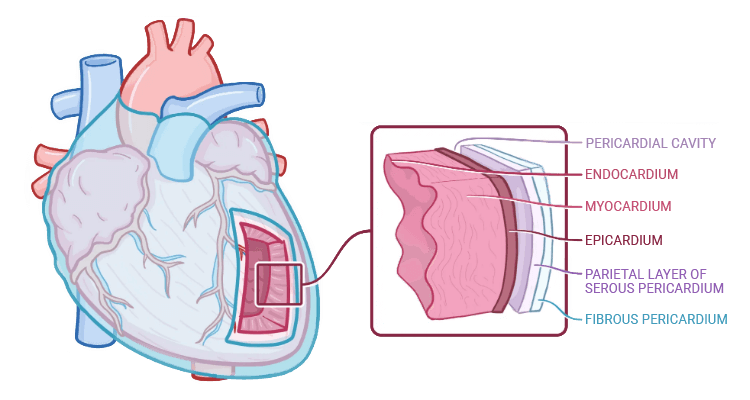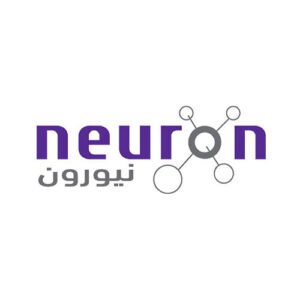The human heart is one of the most remarkable muscles in the body. In a single year, the average person’s heart beats around 35 million times, which means in the course of an average lifetime the average persons heart will beat between 2.5 to 4 billion times. With each beat the heart is responsible for pumping blood around the arteries, veins and vessels in the body, circulating oxygen throughout the body and helping to ensure the proper functioning of all the major organs in the body.
Non invasive cardiology Dubai refers to a set of procedures that designed to test and diagnose the various parts of the heart. The heart consists of three layers of tissue;
- The epicardium which is a serous membrane that forms the innermost layer of the pericardium, attached to the muscles of the wall of the heart.
- The myocardium which is the middle muscular layer of the heart, it is thick and composed of cardiac muscle which possesses the characteristics of skeletal muscle and smooth muscle.
- The endocardium innermost layer of the heart and lines the chambers and extends over projecting structures such as the valves, chordae tendineae, and papillary muscles.
REQUEST AN APPOINTMENT
A member of our team will reach out to you & quickly get you booked in for an appointment with the most relevant member of our cardiology team.
MEET OUR CARDIOLOGY TEAM
- All
- Cardiac Surgery
- Cardiology
There are four chambers that make up the heart, two on either side, the lower chambers are called ventricles and the two sides of the heart are separated by a wall of muscle called the septum.
The cardiovascular system also consists of an electrical system, this is in addition to the arteries, valves, blood vessels, capillaries and muscles means that the heart is an organ that is subject to a wide variety of diseases.

This makes diagnostic procedures such as electrocardiogram EKG extremely important in understanding the best method of treatment of heart conditions and the majority of these tests are non invasive.
Our expert team of cardiologists conduct non-invasive external tests using the latest advances in modern technology to help diagnose arrhythmias, coronary heart disease and heart failure.
These external tests are minimally invasive and can help provide important information to the cardiology team about blood flow, valve disease, the heart’s electrical health and other heart problems. Specifically, these diagnostic tests are used to diagnose heart arrhythmias (irregular heartbeats), help diagnose coronary heart disease, aid multiple screening programmes, and carry out follow-up checks after cardiac surgery, angioplasty and ablation.
PARTNERING WITH LEADING
MEDICAL INSURANCE PROVIDERS
We work with leading medical insurance providers in the country, if you have any questions or queries just give us a call on 8008254268.














